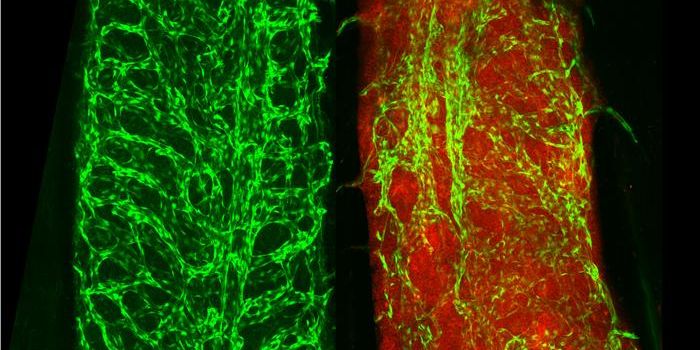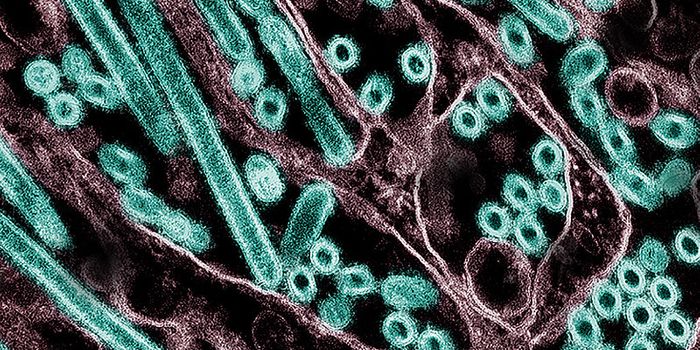The Human Brain Project is Changing What We Know About Lou Gehrig's Disease
Amyotrophic Lateral Sclerosis (ALS) is a progressive neuromuscular disease in which the motor nerve cells in the brain and spinal cord progressively degenerate. As motor neurons degenerate, they lose their ability to send signals to the muscles. This leads to muscle atrophy and muscle weakness as the muscles waste away.
ALS is also commonly known as Lou Gehrig’s disease. It does not affect intellectual reasoning, hearing, taste, smell, or touch. It affects as many as 30,000 people in the United States, with 5,000 new cases diagnosed each year. In most cases, the cause of ALS is known.
There are a couple of known genetic markers for developing ALS (including mutations in the gene for the enzymes superoxide dismutase 1 (SOD1) or copper-zinc superoxide dismutase), but the vast majority of those who develop ALS do not have a known genetic marker.
The Human Brain Project, a long-term brain research initiative, is investigating ALS along with other neuromuscular diseases. The Human Brain Projects utilizes computing, neuroinformatics, and artificial intelligence in their pursuit of advancing neuroscience and brain-related medicine.
A recent study by the Human Brain Project has identified a new marker for predicting the outcome of patients diagnosed with ALS. The researchers collected data using 42 patients with ALS along with 42 healthy patients. They used magnetoencephalography (MEG Scan) data to detect signals associated with ALS.
The researchers detected these signals in ALS patients even while the brain is in an unprompted resting state. This ability to detect signals of ALS could play a critical role in developing treatments for ALS by providing a quantitative measure of whether or not therapeutic interventions are effective.
Study author Pierpaolo Sorrentino adds, "it is often difficult to tell how a particular therapy is working - now we might have a strong marker to predict its outcome.”
Sources: Johns Hopkins Medicine, Human Brain Project, Neurology








